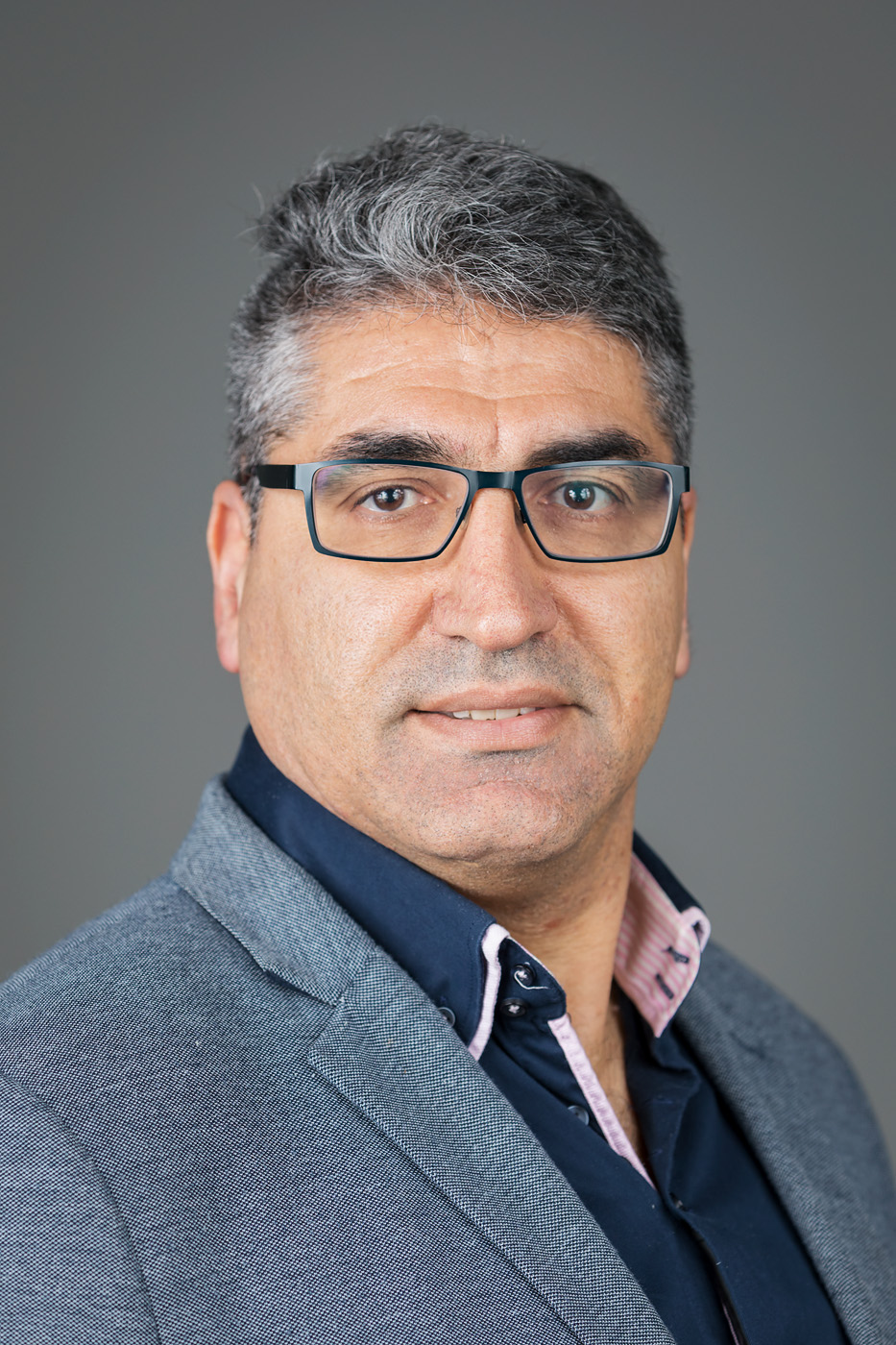 Berhooz Z. Alizadeh Berhooz Z. Alizadeh
© ECCO |
Introduction
In the past few decades, the incidence of Inflammatory Bowel Diseases (IBD) started rising especially in industrialised Western countries, affecting more than two million Americans and Europeans [1–3]. At the turn of the twenty-first century, however, IBD became a global disease, rapidly affecting the Eastern and Southern developing nations [3–5]. So, the global prevalence of IBD is currently estimated at 0.7% and is expected to increase to 1% by 2030 [1, 3, 6].The rise in IBD has coincided with an increase in urbanisation, sanitisation, and adoption of a Western lifestyle [4], as well as advances in infrastructure, better access to healthcare, and increased awareness of community following socioeconomic development. It is therefore assumed that the primary suspect underlying the globalisation of IBD is the alteration of the human environment, called the exposome (meaning exposures to environmental and lifestyle factors throughout life, starting at conception), and the associated embracing of Western lifestyles by other nations [6].